Cummins and Tula study of Diesel Dynamic Skip Fire (dDSF) shows 74% reduction in NOx, 5% in CO2 on low load cycle
Green Car Congress
APRIL 14, 2021
a leader in propulsion efficiency, announced at SAE International’s WCX the results of their collaborative study on the effectiveness of Tula’s diesel Dynamic Skip Fire (dDSF) in reducing nitrogen oxides (NO x ) and carbon dioxide (CO 2 ) emissions on a Cummins X15 HD Efficiency Series diesel engine. Cummins Inc. Earlier post.).

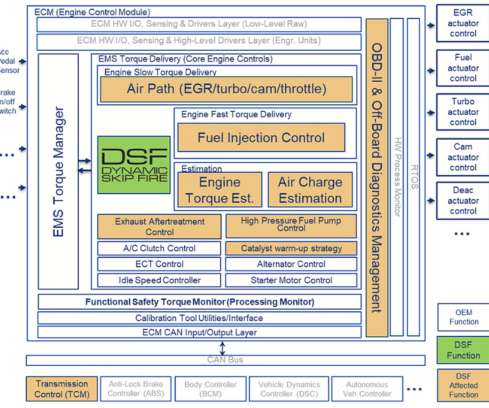
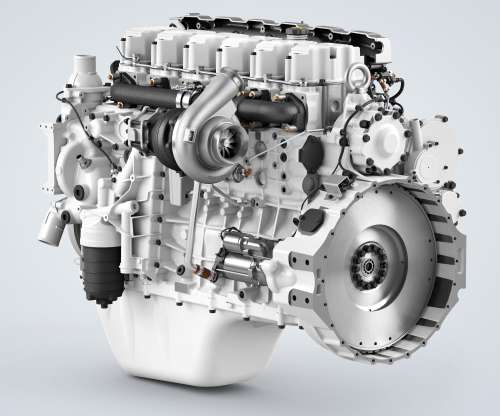


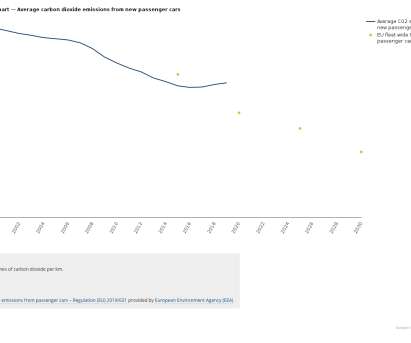




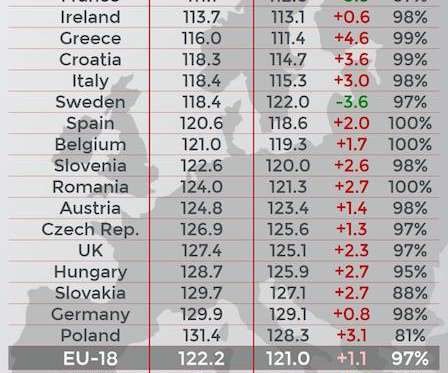









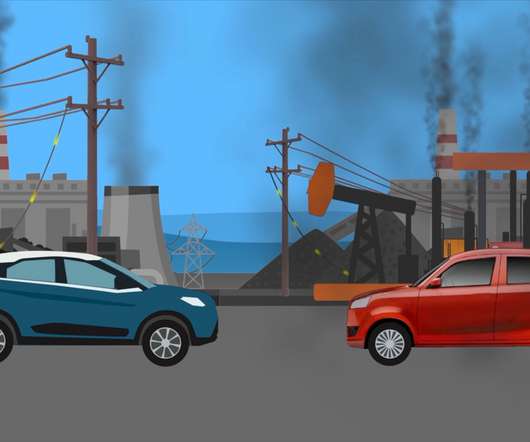



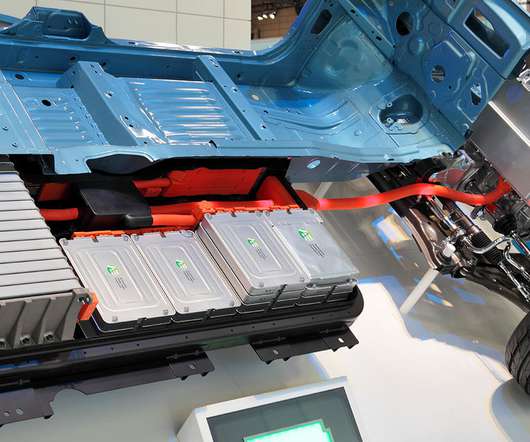






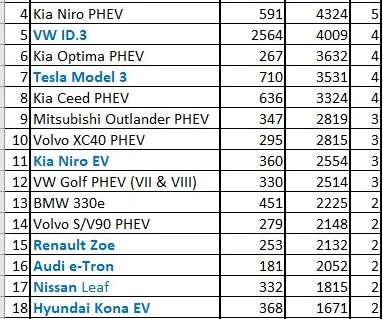






Let's personalize your content